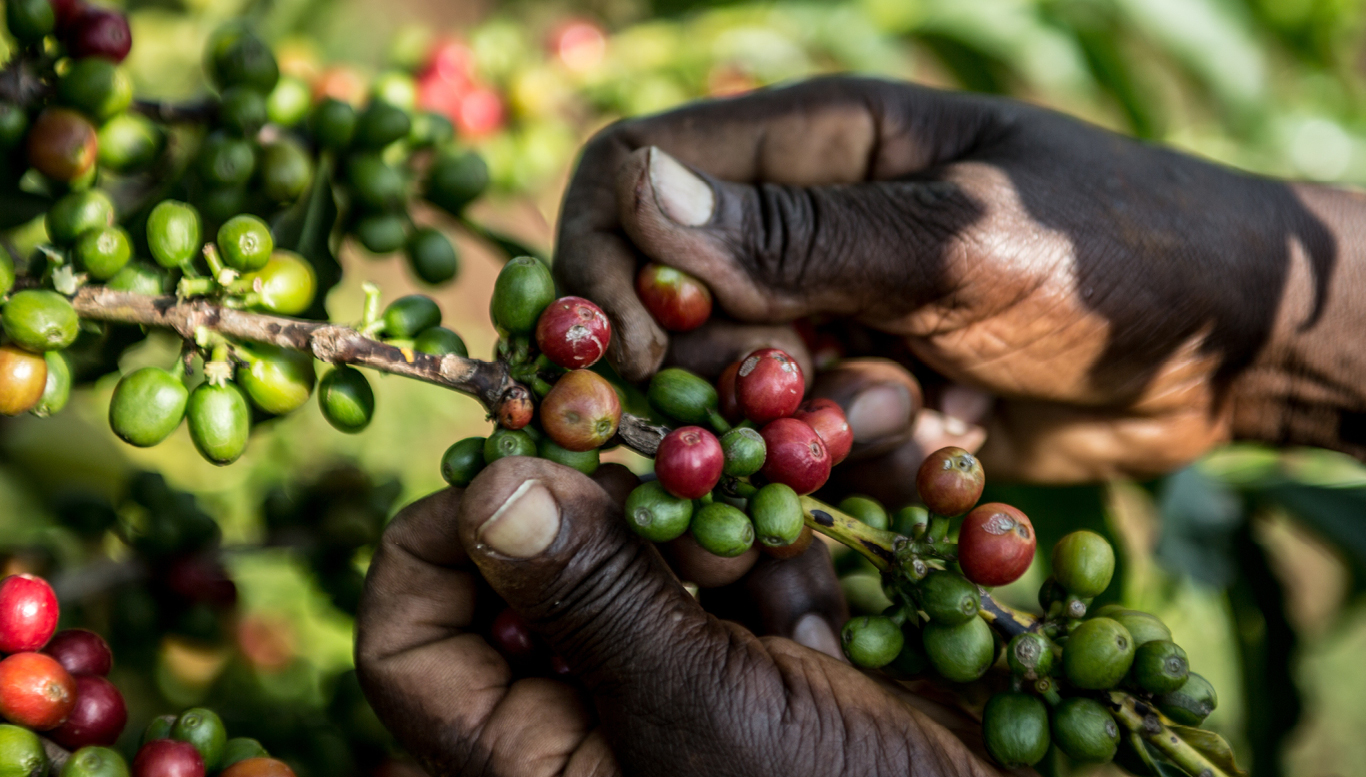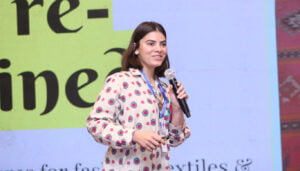Coffee importer utilises networks effectively

Timbuktun Takana, an importer of high-quality coffees, relies on a network operational model. Important partners in Africa are Africans who have studied in Finland.
Kimmo Laukkanen, who studied history at the University of Helsinki, has always been interested in Africa. In 2003, he published Timbuktun Takana, a non-fiction book on the urban history of the continent. “Through the book project, an idea formed to establish my company, which would aim to make African high-quality products known in Finland”, Laukkanen says.
Refining the business idea took some time. In the autumn of 2014, Laukkanen decided to take action and established the company, which was naturally named Timbuktun Takana. The business started with importing coffee, as in addition to Africa, Laukkanen has always also been interested in the history of Finnish coffee consumption and has collected associated items. “Timbuktun Takana wants to increase the direct trade between Finland and African countries, build awareness on African coffee farming and therefore promote Finnish coffee culture.”
Finnpartnership’s support is important
Timbuktun Takana currently imports coffee from Kenya, Rwanda, and the Ivory Coast. Laukkanen has made it a goal to expand operations and include new and lesser-known coffee producing countries. The company has been granted business partnership funds by Finnpartnership to seek new partners and develop the business plan. Laukkanen feels that support from Finnpartnership is important for a small company. He is considering another application, which would focus on developing business around coffee tourism. “Kenya, for example, is known for its safaris and the Mombasa beaches, but the country would also have a lot of potential for tourism associated with coffee.”
Laukkanen is interested in developing services associated with coffee also in Finland. These include coffee courses, where participants gain information also on coffee farming and issues in coffee-producing countries in general.
Networks are the most important resource of the company
Kimmo Laukkanen says that the company’s operational model has been a network model from the start. In Finland, Timbuktun Takana works in co-operation with small coffee roasteries and cafés. The partner network in Africa consists of companies and individuals, many of which have existing ties to Finland. Many have studied in Finland and returned to their home countries to work in industry.
In Kenya for example, Laukkanen’s first partner was Francis Ouko, who completed his Master of Economic Sciences degree in Jyväskylä and now works as Export Director of a local coffee company, Sannex. Timbuktun Takana usually buys its coffee from Kenya so that each coffee shipment is acquired from a specific small farm. “Contacts like Francis Ouko and networks are the most essential resource of our company. Without partnerships and combining expertise, this company would never have been established.” Establishing networks in Africa is made easier by the fact that Laukkanen has lived in different parts of the continent. He worked at the Ministry of Foreign Affairs of Finland since 1991 and was a diplomat in Nigeria, Tanzania and Kenya, among others.
More and more people want high-quality coffee
Timbuktun Takana has received good feedback on its coffees directly from consumers. In contrast, obtaining new business customers has been surprisingly challenging for the small company, Laukkanen says. “It is always more difficult for a small company to prove that it’s a viable partner. And with business to business, price is always ultimately the most important factor.” According to Laukkanen, Timbuktun Takana does not even attempt to compete in the segment of low-cost coffees. Instead, it focuses on high-quality and responsibly produced coffees. Only a few per cent of Finns buy more expensive coffee brands. However, Laukkanen believes the coffee culture is changing. “The new Finnish coffee generation want more individuality from their coffee, a story for the beans, and more responsibility and ethical values for the entire coffee business. I want to contribute to reinforcing this trend.”
Share on social media


